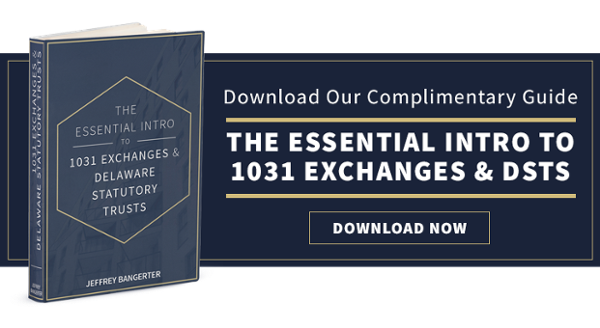Selecting a financial advisor may be one of the most important decisions you ever make. After all, you will be entrusting your financial well-being to this person who will help you plan, invest, and manage your money throughout your working life and through retirement. That is no small responsibility.
Yet with a dizzying amount of options to consider, from selecting a financial professional who works in a small broker-dealer firm, a large wire house firm or an independent investment advisory practice, you may not know where to begin. This post is designed to help you with your discovery process by understanding what we believe are five important considerations.
1. Best Interest
Registered investment advisors who are licensed with the SEC have a fiduciary responsibility to always act in your best interest. Until recently a broader group of registered financial professionals whose activity is governed by FINRA and the SEC, were not legally bound to that same requirement. Fortunately, new regulation went into effect July 1, 2020 holding these advisors to a similar standard. The point here is, when selecting an advisor, you will want to be certain you have found one who will always put your interest and financial well-being first.
2. Open Architecture
Some advisors work for firms which limit the amount and types of investments they can offer to clients. That is not necessarily a bad thing if the suite of solutions addresses most financial needs a client might have. Some of these firms, however, may encourage their advisors to promote their own proprietary products first, before offering an investment from a third party. Advisors who have the freedom to offer any solution from any provider they have chosen to work with, might help give you added reassurance they are always acting in good faith.
3. Credentials
Most investors do not know what all those credentials mean that follow an advisor’s name on a business card or in a written communication. In general, these groups of initials signify that the advisor has achieved certain levels of training and competency. That should be of benefit to you since you will be relying on their expertise to help manage your investments. When interviewing advisors, it is a good idea to ask what certifications they have attained and how that training and education will benefit you.
4. Holistic
Your financial needs and goals will be uniquely your own and will vary widely from those of other investors. Subsequently, you will want to select an advisor who has access to a broad variety of investments and products that can address any requirement you might have. That means you should look for an advisor who not only has investment expertise with traditional stocks, bonds, and cash, but also is licensed to provide other solutions like life insurance, annuities, real estate, and other alternatives. Most investors find they need these additional solutions.
5. Referrals & Background Check
This is probably stating the obvious, but you will want 2-3 referrals from the advisors you interview. You would be surprised how often investors do not complete this part of the discovery and due diligence process, yet it generally just takes a few phone calls and the feedback you’ll get is always informative.
The industry’s governing body, FINRA, also has a website called BrokerCheck, where you can research the background of any advisor, including their employment history, licenses, and any regulatory actions they may have.
We hope this discussion has been helpful as you begin the process of selecting your own advisor. Pay close attention to these five topics discussed here, as we believe you will be well on your way to making an informed decision.





.png?width=273&height=103&name=Brokercheck%20(1).png)

Comments